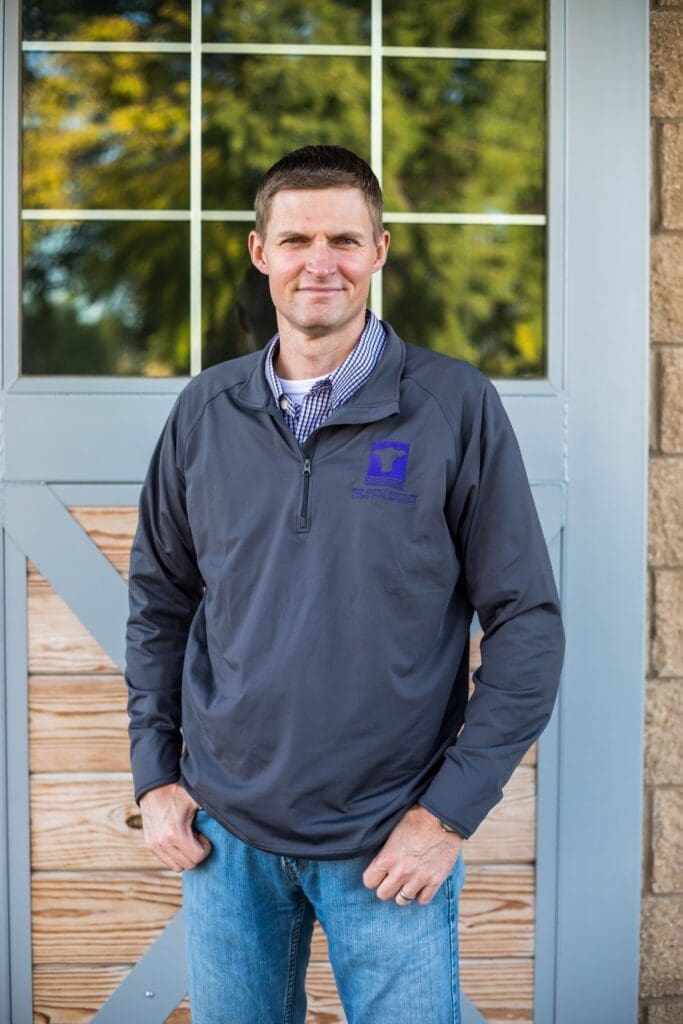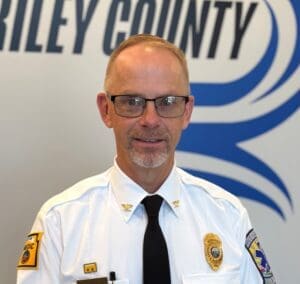A Kansas State University researcher is working to protect grazing lands in the Kansas and Oklahoma tallgrass prairie through education and improved land-management practices. Phillip Lancaster, a clinical assistant professor in the College of Veterinary Medicine, is leading a project with a $998,195 USDA grant to develop resources for grazing education and conservation.
Lancaster’s project, funded through the Grazing Land Conservation Initiative, focuses on providing technical assistance and increasing the use of conservation practices on grazing lands. The tallgrass prairie, particularly in the Flint Hills, faces threats like invasive plants, habitat fragmentation, soil erosion, and loss of biodiversity.
With a growing number of new and beginning farmers, ranchers, and non-operating landowners, including those from Native American communities, there is an increasing need for education. Lancaster’s project will create and test an educational program that combines courses, consultation, technical assistance, and peer networks. It also involves partnerships with the Noble Research Institute and Hy-Plains Feedyard to develop educational materials and a producer-led education center.
Lancaster and his collaborators will develop three educational courses to be delivered annually for three years, along with encouraged completion of existing Range Academies of the Kansas Grazing Lands Coalition for region-specific information. Additionally, peer consultation, grazing networks and the deployment of conservation monitoring tools will provide technical assistance.













